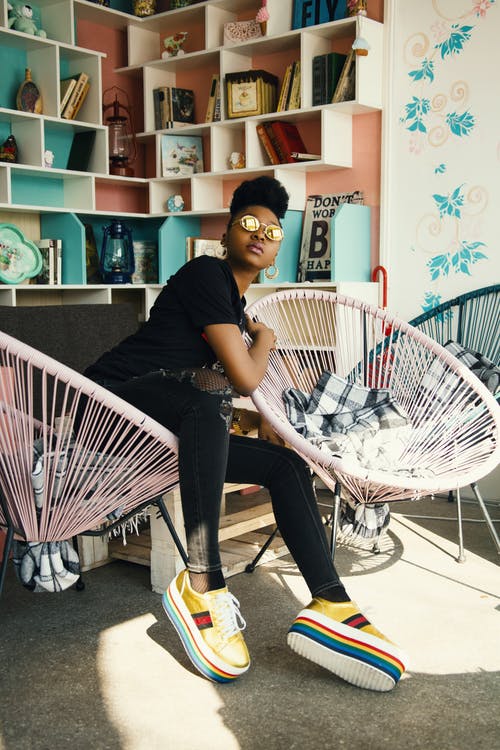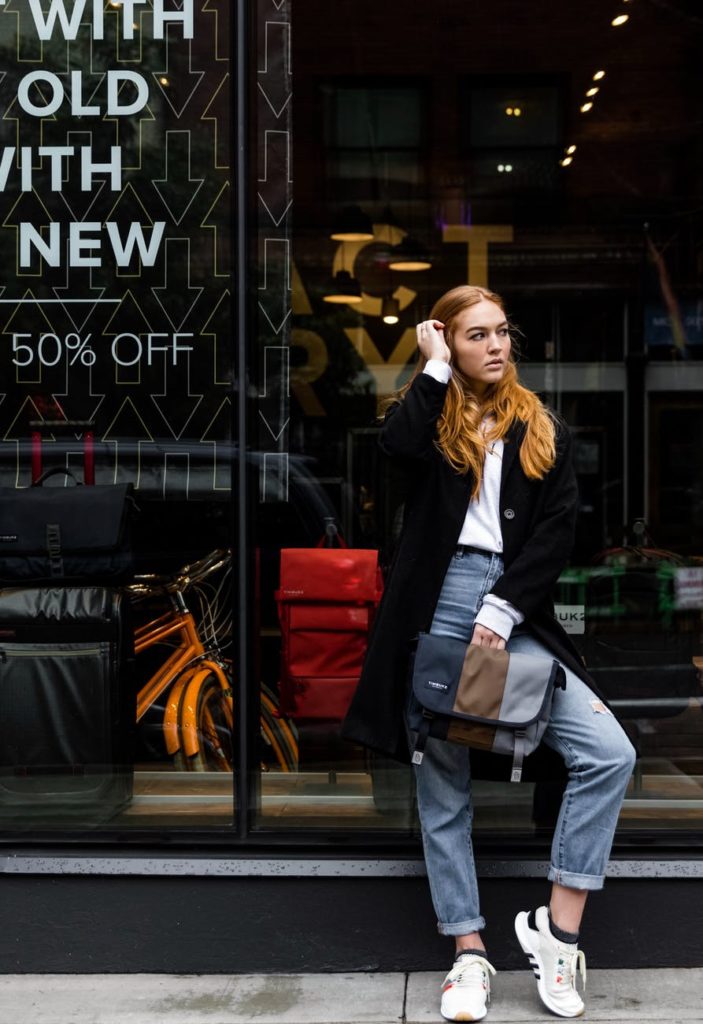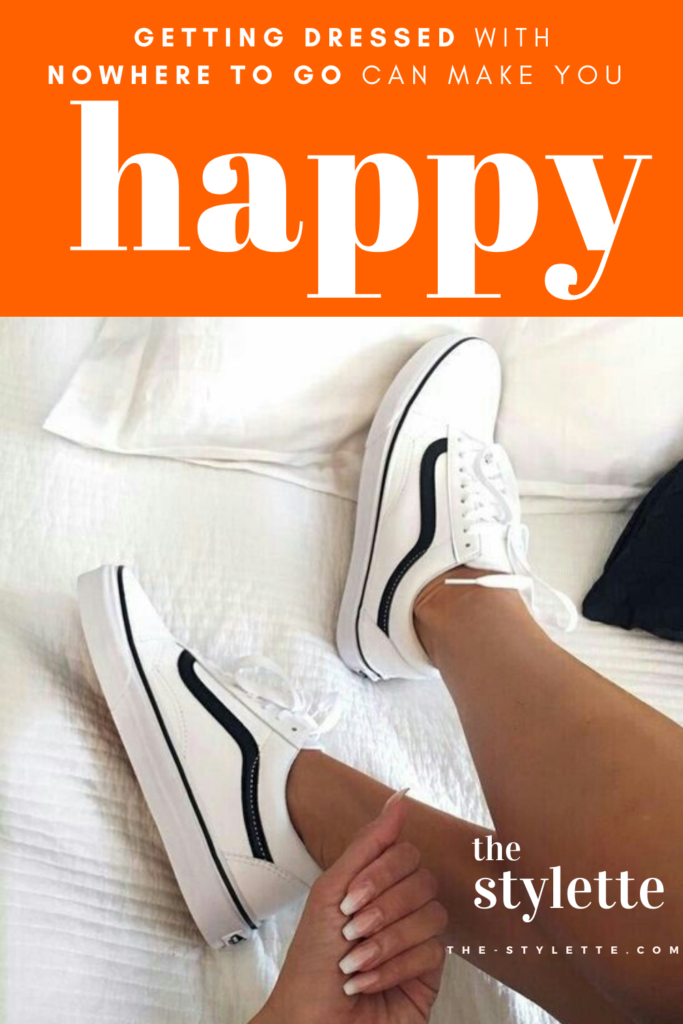Putting together an outfit is like suiting yourself with social armor. What we wear has power and influence not only over the message we’re sending to others but it also tells a great deal about how we feel about ourselves.
Think of a time when you didn’t feel well. You probably put on whatever and dressed the way you felt – not that well. Now, take yourself back to a day when you had an important meeting, event, or interview. How did you dress and how did it affect your mentality?

I remember pulling all-nighters for my finals during college and sporting pajamas when taking exams the following day. I felt exhausted and did not waste any of my energy even getting ready, especially because it was exam day, and I couldn’t care less about what I wore.
The following week, I found the motivation to look effortlessly put-together for once. Yes, I decided to dress my best so I could test my best; I got up earlier, taking away valuable sleep time and made an effort to look my best. And, honestly, I felt good because I looked good.
I ended up doing better on the final than the week before. Since then, I dress up more often – not for others, but for myself because it makes me feel optimistic, confident and just so good. The point is if we change the way we dress, the way we feel will also change. When we are dressed well and look good, we automatically feel better.

Joan DeJean, a professor of French language and culture at the University of Pennsylvania, contends that style really was taken to the forefront in the seventeenth century; it was the deliberate creation of Louis XIV of France, the Sun King. She said in her book, The Essence of Style, history’s greatest exemplar of it.Louis decked himself out in diamonds for their sheer dazzling impact, his vision of power and prosperity reflecting on the state itself.
He greeted visiting royalty and other heads of state in a black velvet suit encrusted with virtually every diamond in the possession of the crown.Louis didn’t just impose his grand sense of self on his clothes and his court. He transformed Versailles from a hunting lodge to the resplendent palace we recognize today. He made Paris glitter at night, literally creating the City of Light. Louis realized that style can be a country’s mark on the world. So he used his power to create the fashion industry.

Another great example is Gabrielle Coco Chanel, she revolutionized style by defying the laws of fashion and created timeless pieces that literally will never go out of style. She gave clothes simplicity, clarity of line, functionality, emotional directness. Driving gloves. Sunglasses. Safari jackets. These are a few of the things that defy the laws of fashion during her time. She may have not “invented” these things but she made them iconic, because of Coco Chanel we know these to be timeless staple pieces of our wardrobes today.
Professor Karen J. Pine, of the University of Hertfordshire (U.K.) writes in her very short book, Mind What You Wear: The Psychology of Fashion; “When we put on a piece of clothing we cannot help but adopt some of the characteristics associated with it, even if we are unaware of it.” In the studies she conducted, as related in her book, one participant admitted, “if I’m in casual clothes I relax and am tomboyish, but if I dress up for a meeting or a special occasion, it can alter the way I walk and hold myself.”

See, style really is a reflection of the perception that you have of yourself. And your self-perception has a tremendous impact on how others perceive you. Perception is an ideal reality; the more self-confidence you have, the more likely it is you will do your best. When we feel good on the outside, we are more likely to feel good on the inside, which boosts our attitudes and self-confidence, and supplies us with more energy to treat ourselves and others around us better. This ultimately makes us the best version of ourselves.
I’m definitely not saying that dressing well makes or breaks a person, but it certainly affects how someone feels about themselves. No one is more conscious of your physical appearance than you. Face it, when you don’t look good, it changes how you carry yourself and also the way you interact with others. Remind yourself every single day that dressing your best isn’t just a device of perception, but also a tool that affects your confidence. Plus, what do you have to lose? Dress yourself with confidence so you look good, feel better, and do your best.

Not so sure how to get started on your style journey? We just opened up the doors for you to book a Style Discovery Call with TSE to discover, elevate, and define your personal style and wardrobe. Want to know more. Go ‘head and click that button sis!

